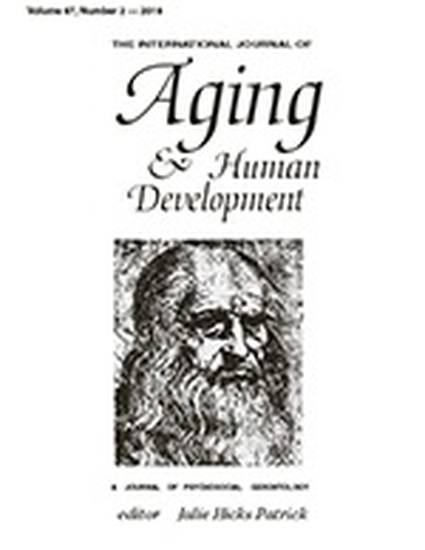
Technologies have become a major force in people's lives. They change how people interact with the environment, even as the environment changes. We propose that technology use in the setting of changing environments is motivated by essential needs and tensions experienced by the individual. We apply three developmental and behavioral theories (Erikson's stages of psychosocial development, Maslow's hierarchy of needs, and Bronfenbrenner's ecological model) to explain technology-related behaviors among older adults. We consider how technology use has addressed and can address major ecological changes, in three areas: health promotion, natural disasters, and disparities. We propose that considering these theories can help researchers and developers ensure that technologies will help promote a healthier world for older adults.
Available at: http://works.bepress.com/uba-backonja/3/
